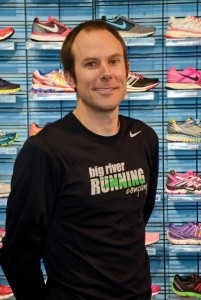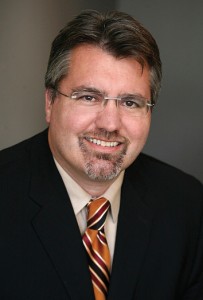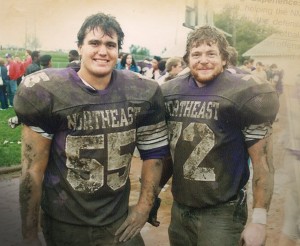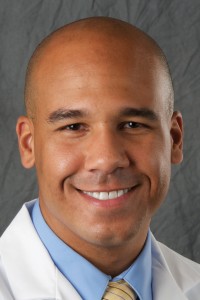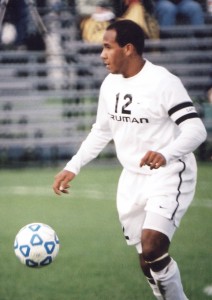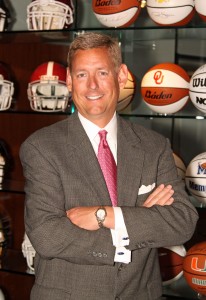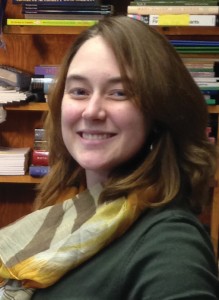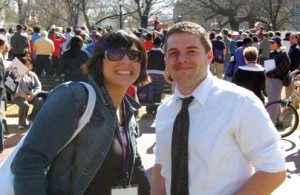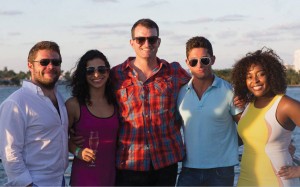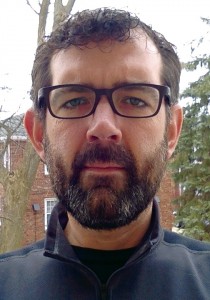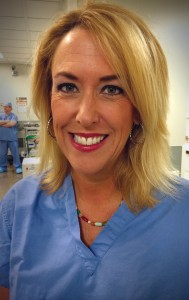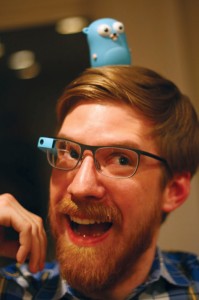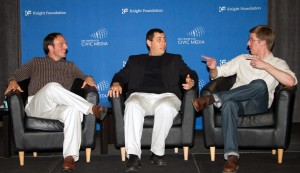What started as just an idea between two friends keeps getting bigger.
Longtime acquaintances and former Truman track and field teammates Matt Helbig (’03) and Ben Rosario (’03) were enjoying a run together when they came up with the idea of opening their own store. Following the advice “do what you love,” they formulated a business plan, raised nearly $100,000 from friends and family for start-up funds and opened their first running and walking specialty store in August 2006.
In less than a decade, Big River Running Company has gone from an idea to a multimillion-dollar entity. Today, the company has four locations in the St. Louis metro area, with 35 full- and part-time employees. The initial success of Big River Running has also led to greater achievements for its two founders and their community.
In 2012, Rosario sold his share in the company to Helbig and moved to the running mecca of Flagstaff, Ariz., with his wife, Jen (Tesmer) Rosario (’03). Rosario now coaches and manages Northern Arizona Elite, a professional sports organization with a mission to recruit, develop and produce distance runners to compete at the very highest level of international athletics. His athletes have won national and international events, represented the United States at the World Championships and are considered strong contenders to make the 2016 Olympic Team.
“During my six amazing years at Big River I learned a lifetime’s worth of lessons, but I’d say hard work, the value of relationships and how to create a powerful brand were three of the biggest,” Rosario said. “It’s those three things, above all others, that I think are helping me succeed in the world of professional running.”
Helbig has an additional business venture as well after spearheading the launch of Big River Race Management in 2007. That company helps plan and provide chip timing for races all across the U.S. Its impact can especially be felt in St. Louis where last year Big River Race Management timed more than 150,000 athletes at no fewer than 220 events, many of which they helped sponsor or bring to the area.
“It is really pretty simple. We wanted to share the passion we have for running with others, some of whom share that passion and others who are learning about the sport of running for the first time,” Helbig said. “The goal was always to create a true community of runners and walkers around the stores.”
Getting involved in the community may be one of the secrets of success for Big River Running, and its efforts have not gone unnoticed. In 2009, the City of
St. Louis named it a Neighborhood Business of the Year. In fact, every year since its inception, Big River Running has been named one of the 50 best run specialty stores in the country, and was one of four finalists for the award in 2012.
All of his hard work has earned Helbig some attention too, as this year he was recognized by the St. Louis Business Journal on its “40 Under 40” list.
“Big River Running has been very successful and it’s not by luck. A lot of hard work and care went into building and growing the stores into what they are today,” Helbig said. “I truly believe success comes much easier when you are authentic and passionate. People naturally gravitate towards those qualities, and being authentic and passionate is part of the fiber of Big River Running.”

